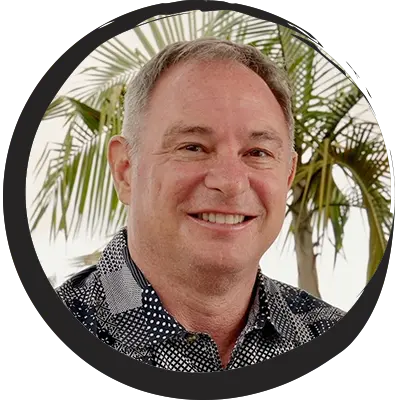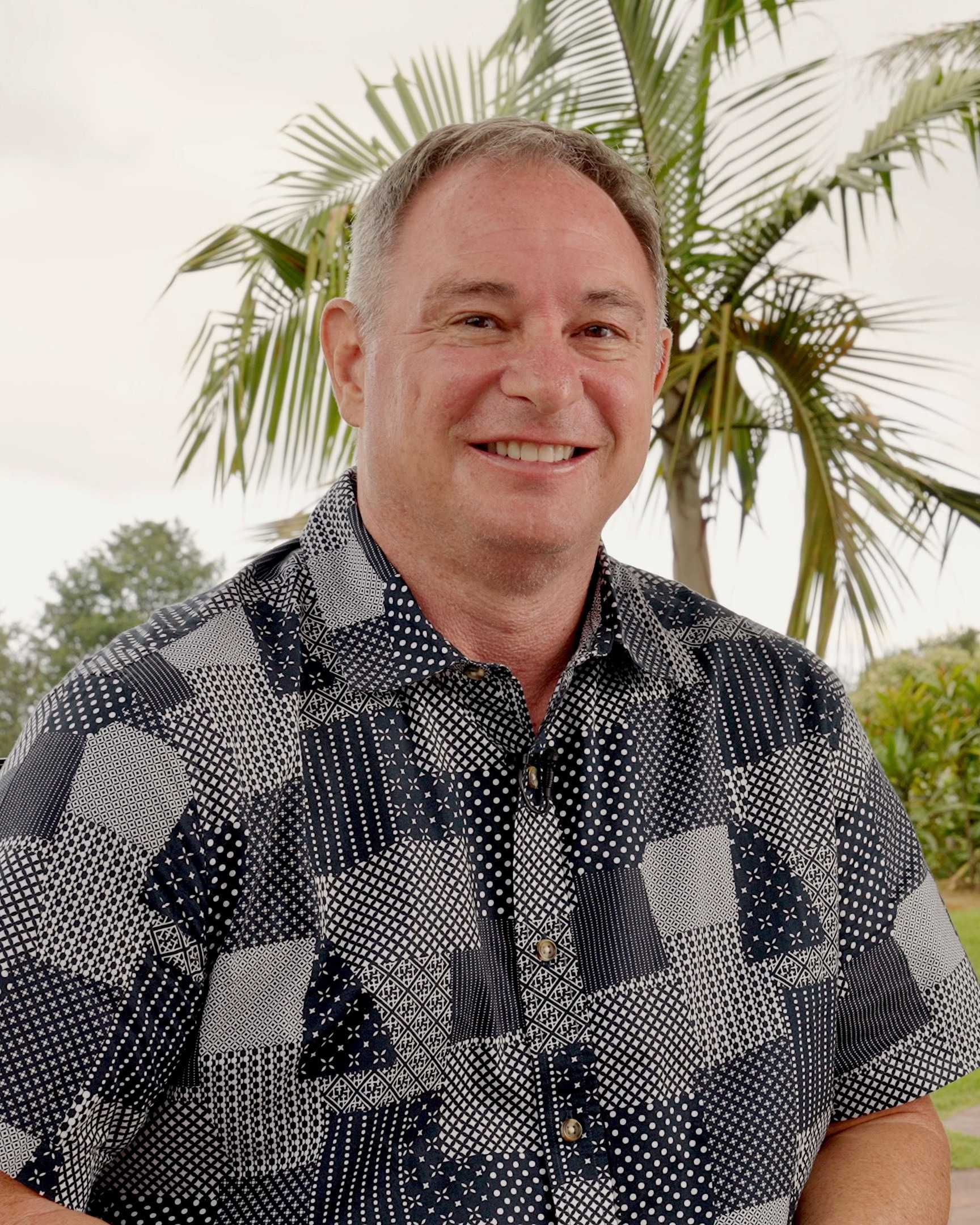Dr Jay L Serle, PHD, LMFT | Source | Clinical Supervisor - Behavioral Health at The Ohana Addiction Treatment Center

Dr Jay L Serle, PHD, LMFT
Dr. Serle is the Clinical Supervisor at The Ohana. He has a Master's degree in Marriage and Family Therapy, and a PhD in Clinical Psychology. Dr. Serle has more than 17 years of clinical experience and supervises a team of addiction therapists. After retiring from a career in law-enforcement, Dr. Serle returned to school to earn a master’s degree in marriage and family therapy and a PhD in psychology with a clinical specialization. He oversees care of approximately 5500 severely mentally ill members across the state of Hawaii.
-
The Ohana Addiction Treatment Center
Clinical Supervisor - Behavioral Health
-
7 Supportive Things To Say To Someone Who's Stopped Drinking
It can be difficult to know the right thing to say to a friend who's given up alcohol. Here, addiction experts offer tips for giving the right kind of support.
Article -
7 Supportive Things To Say To Someone Who's Stopped Drinking
It can be difficult to know the right thing to say to a friend who's given up alcohol. Here, addiction experts offer tips for giving the right kind of support.
Article -
Inside Addiction Treatment at The Ohana: Insights from a Clinical Director
In this insightful interview, we sit down with the clinical director of a leading addiction treatment center, in Hawaii to learn about The Ohana's effective approaches to treating addiction. With years of experience in the field, Dr. Jay Serle offers valuable insights into the complex nature of addiction and the importance of tailored treatment plans. During our conversation, we delve into a range of topics, including the latest research on addiction, the various types of addiction treatment available, and the most effective approaches for different types of addiction. Our guest also discusses the role of counseling, group therapy, and other supportive services in helping patients achieve long-term recovery at The Ohana. Whether you're struggling with addiction yourself, or you're looking for resources to support a loved one who is battling addiction, this interview is packed with helpful information and practical advice. Join us as we explore the science of addiction...
Video
-
Colors Walk: A Mindful Path to Mental Wellness
Dr. Serle describes the Colors Walk as a mindfulness exercise where individuals focus on identifying colors in their environment. This practice helps shift attention from anxious thoughts to a calming natural setting, enhancing focus and reducing stress. While not a substitute for professional care, it promotes mental clarity and emotional regulation, offering a free, accessible way to boost daily mental wellness. -
Is Never Arguing in Relationships a Red Flag?
Dr. Serle suggests that while "not arguing frequently isn't necessarily a red flag," a complete absence of conflict may indicate suppressed needs. He emphasizes that "healthy relationships involve inevitable conflict," and frequent arguing can also be a red flag. Couples should aim to navigate disagreements constructively without suppressing their needs. -
Understanding Sensory Overload: Insights from Dr. Jay Serle
Dr. Serle is available to discuss sensory overload, its causes, symptoms, and treatment options. He provides insights into the latest research and practical strategies for managing this condition. For a detailed quote or interview, contact Dr. Serle.
-
Equal emphasis should be placed on engaging in positive replacement behaviors. Alcohol can keep people from doing things they want to do. Sobriety opens up possibilities for enjoying quiet, pleasurable activities including reading and meditating. Look at activities that you have wanted to engage with in the past but never completed.
-
Equal emphasis should be placed on engaging in positive replacement behaviors. Alcohol can keep people from doing things they want to do. Sobriety opens up possibilities for enjoying quiet, pleasurable activities including reading and meditating. Look at activities that you have wanted to engage with in the past but never completed.



